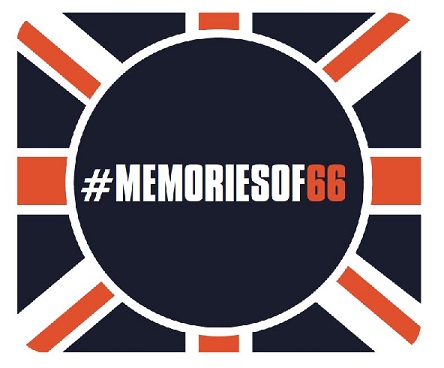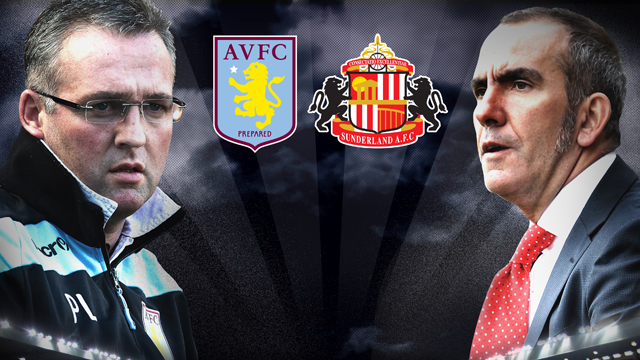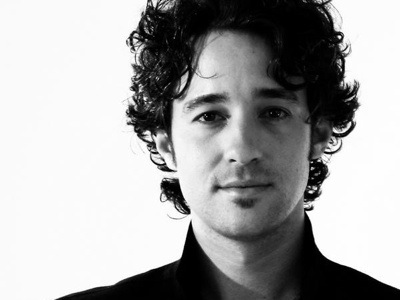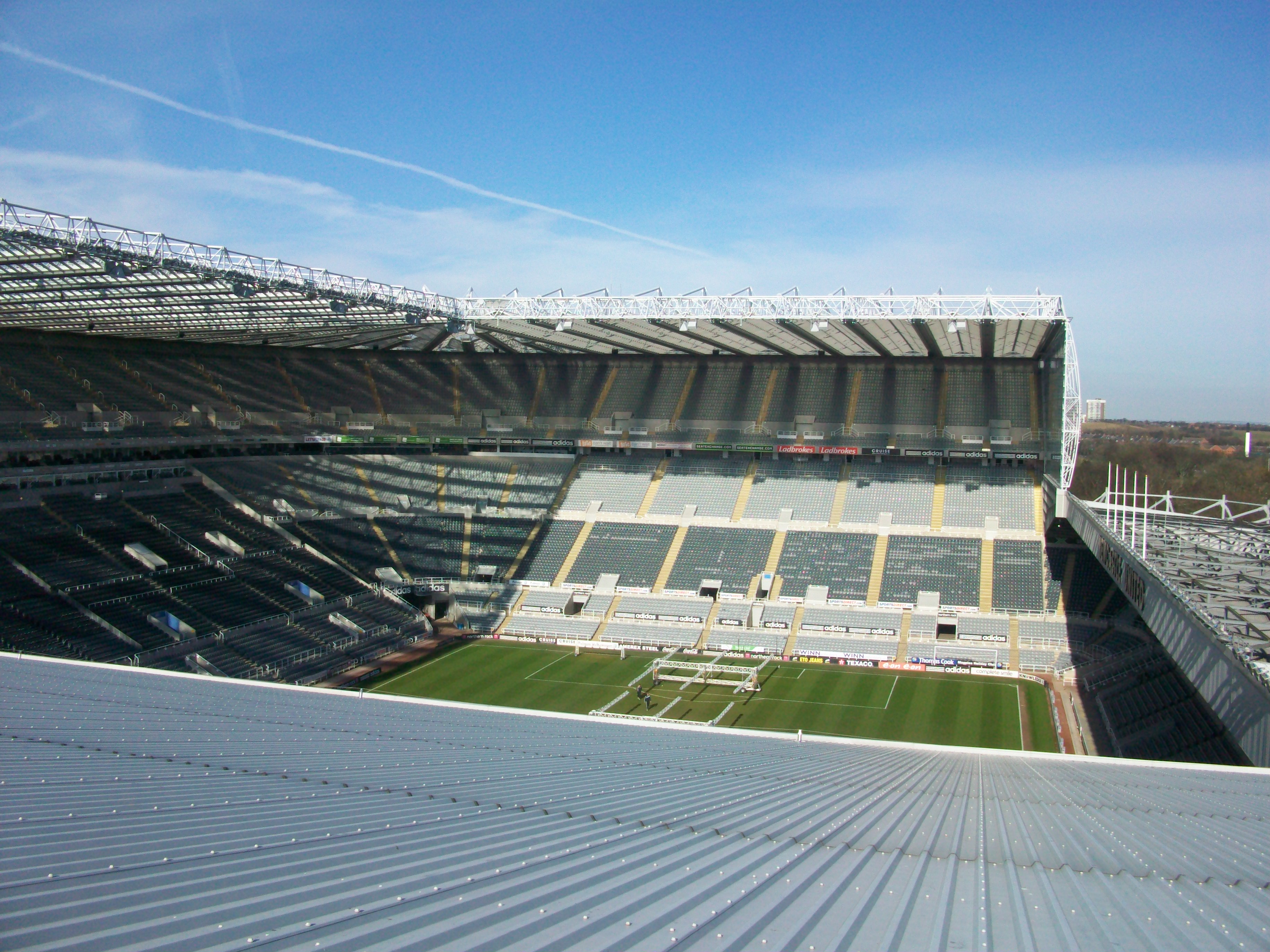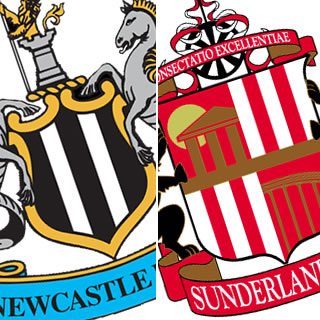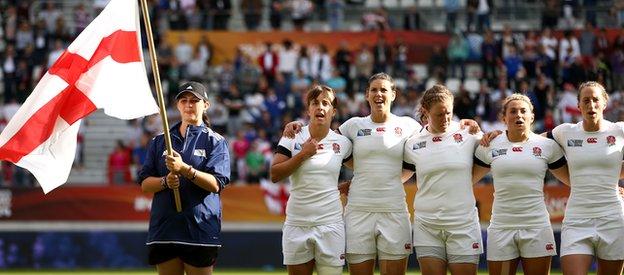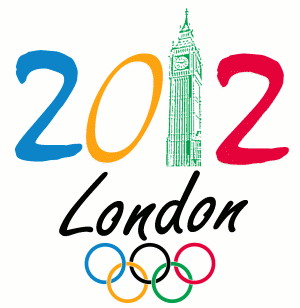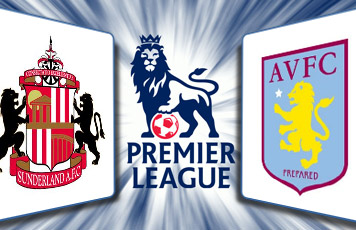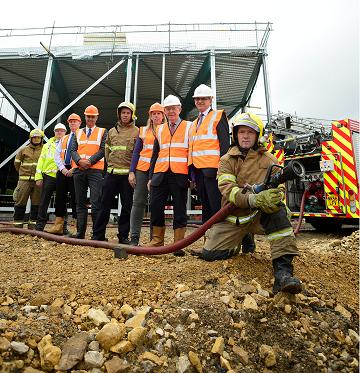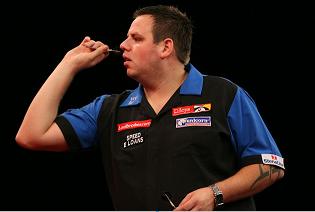

Just a few months ago, Darlington Football Club and 129 years of heritage were all but consigned to the history books. For a while, the supporters, players, and staff must have felt something akin to bereavement, but for me, as an outsider with family ties to the area, I also felt a deep sense of disappointment for the town itself.
There can be little doubt that football is an emotional business. As Bill Shankly said, “Some people think football is a matter of life and death. I assure you, it’s much more serious than that.”
While that might overstate the case, arguments can easily be made for the great value sport can bring to society. As an Olympic year demonstrates, sport can serve more than just an emotional or physical need.
It can help to improve the towns and cities it touches. It can help promote good causes and businesses. It can have a positive affect on people’s lives at many different levels. In that context, a football club should not exist just for the benefit of players and fans; it should be an emblem, the embodiment of a town or city, with the players, staff, and fans in the role of ambassadors.
Whether you embrace that sentiment or not, it is hard to ignore that football has a long reach, as well as the attention of a wide and varied audience. In London, when I speak about Darlington, those who have heard of the town at all generally have done so because of the football club.
Read more… Football is an Emotional Business but Should Communities Care if Clubs Survive?.



